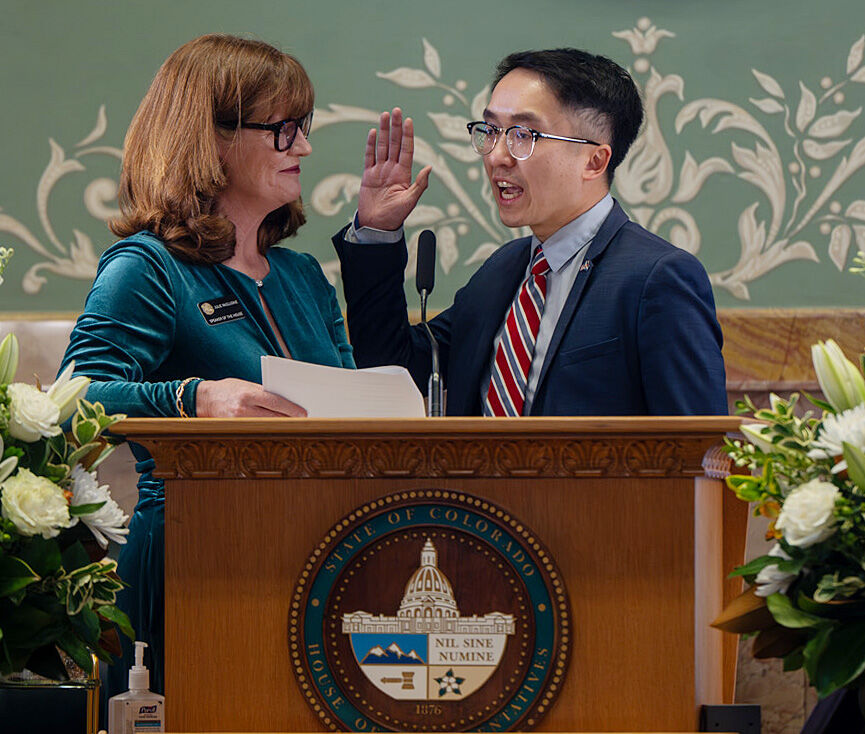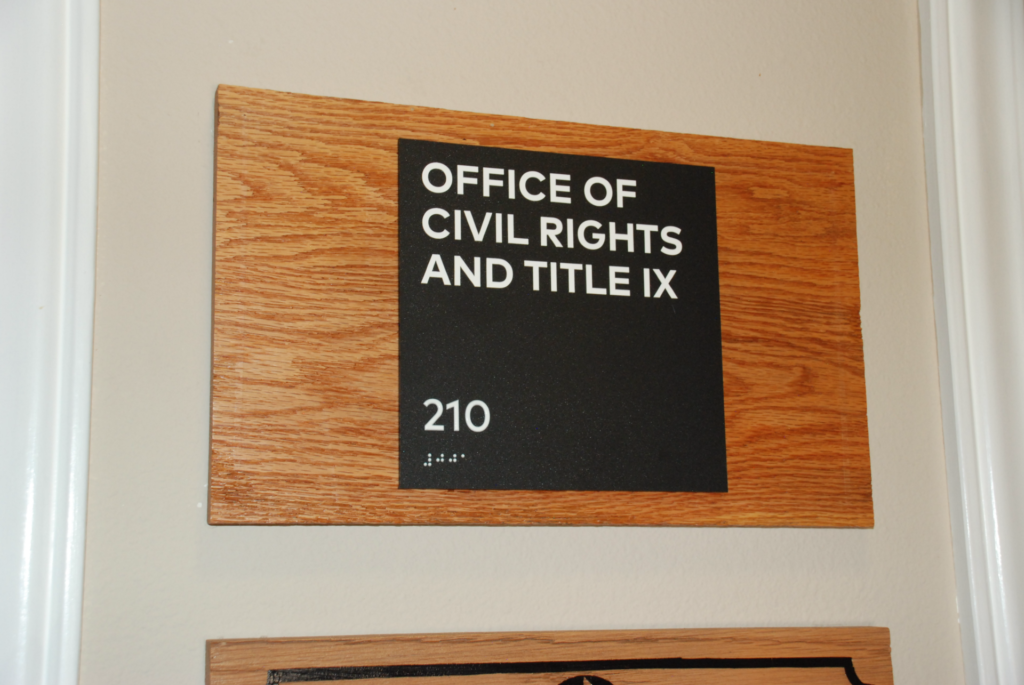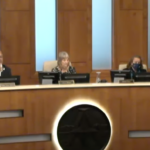House Democrats OK banning colleges, universities from withholding diplomas over student debt

In a vote almost entirely along party lines, the state House of Representatives passed a bill Monday to ban colleges and universities from withholding diplomas or transcripts because of a student’s unpaid debt.
The House advanced House Bill 1049 in a 40-24 vote, sending it to the state Senate for approval. All representatives who voted in support of the bill were Democrats, and all but one who voted in opposition were Republicans. Rep. Dylan Roberts of Eagle was the only Democrat who balked at the measure.
“Holding the credits a student earned for ransom prohibits talented graduates from enlisting in the military, enrolling in nursing courses or applying for their dream job,” said bill sponsor Rep. Jennifer Bacon, D-Denver. “This legislation will prepare our students for success and ensure Colorado’s workforce is stronger and more talented than ever.”
If enacted, the bill would prohibit all higher education institutions from refusing to provide transcripts or diplomas to students who have unpaid fees, parking tickets or other minor costs. If a student owes tuition, financial aid or room and board fees, institutions couldn’t withhold transcripts or diplomas if the student needs them to apply for a job, credit transfer, financial aid or post-secondary opportunities, such as joining the military.
Monday’s vote came after representatives debated the bill for nearly two hours Thursday, with opponents arguing that it would result in students never paying off their debts.
“I just think that’s the wrong message to be sending,” said Rep. Mark Baisley, R-Roxborough Park. “This not only encourages inappropriate behavior and not being disciplined with your finances, but also going forward, if this bill were to pass and get signed into law, then students going into college and universities would know in advance that they can blow off these expenses forever.”
Other opponents said the bill could result in colleges and universities relying more on debt collectors or raising tuition in order to make up for the funds lost by not being able to withhold diplomas and transcripts.
During the 2019-20 school year, higher education institutions in Colorado recouped approximately $242 million in student debt through transcript withholding, according to the Colorado Department of Higher Education.
“We risk increasing tuition costs across all of our students at a time when student debt is already through the roof,” said Rep. Tim Geitner, R-Falcon. “I don’t think that’s appropriate for the state of Colorado and I certainly don’t think it’s appropriate for students looking to advance their careers and open up job opportunities.”
Supporters of the bill said the relief would allow students the ability to earn the money needed to pay back their debt. Nationally, 6.6 million students owe approximately $15 billion in unpaid debt, according to the Colorado Department of Higher Education.
Rep. Matt Gray, D-Broomfield, called it “profoundly illogical” to withhold students’ means to earn money and expect them to be able to pay their debt.
“This argument that we’re having right now is so incredibly impractical,” Gray said. “Let’s deny somebody their college diploma or their transcript – the thing that’s going to get them a good job – until they pay the money, even though that’s how they’re going to get the money? … Until you get the money, we’re going to take away the thing that you need to get the job to get the money. It doesn’t make any sense in the world to me.”
If enacted, the bill would also prohibit institutions from charging a higher fee or providing less favorable treatment to a transcript or diploma request because a student owes debt. Students from outside of the United States would be exempt from the prohibition.














